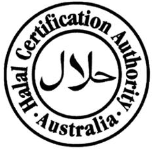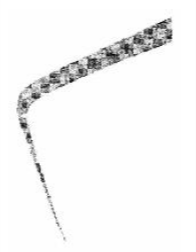The USPTO on April 21, 2023 proposed a variety of changes to the pre-institution requirements and briefing process for post-grant proceedings, including both IPRs and PGRs. Among the proposed changes are broad amendments to the discretionary denial frameworks, which are intended to provide clarity, curb abusive litigation tactics, and generally align procedure with the objectives of the AIA. The deadline for submitting comments and suggestions related to these rules is June 20, 2023. The proposed rules provide valuable insight into the future of post-grant proceedings before the PTAB. An overview of these changes is outlined below, and additional details follow.
- Parallel Proceedings – The USPTO is considering changes to the Fintiv framework, including the elimination of current factors 1, 2, and 5, a requirement for a Sotera stipulation, and a grace period that would exempt petitions filed within 6 months of service of the complaint from being discretionarily denied under this rule.
- 325(d) Framework – The USPTO is considering a rule that would reign in the application of discretionary denial under 325(d) by limiting its application to art or arguments that had been “previously addressed,” or actually evaluated by the patent office as articulated on the record, such as in a rejection, notice of allowance, or examiner interview. Mere citation in an IDS will no longer meet the standard. Prior art will only be considered “substantially the same” where it contains the same teaching relied upon in the petition, and that teaching was addressed by the patent office.
- Serial Petitions – The USPTO is considering replacing the existing framework for serial petitions with a rule that will deny any serial or follow-on IPR petition filed by: (1) the same petitioner; (2) a real party in interest to that petitioner; (3) a party with a significant relationship to that petitioner; or (4) a party who previously joined an instituted IPR filed by that petitioner. There will be an exception where the earlier petition was not resolved on the merits of the petition, or where exceptional circumstances are shown.
- Prior Adjudications – The USPTO is contemplating stricter requirements where a prior final adjudication by a district court or in a post-grant proceeding upheld the validity of claims that substantially overlap the challenged claims, essentially requiring the petitioner (1) either has standing to challenge the validity of the patent in district court or intends to pursue commercialization, (2) was not a real party in interest to the party who unsuccessfully challenged the claims, and (3) meets the heightened burden of compelling merits.
- Micro and Small Entities – The USPTO is mulling changes that would protect under-resourced entities by denying institution where the patent owner (1) claimed micro or small entity status at the time of filing; (2) did not exceed a gross income cap in the calendar year preceding filing of the petition; and (3) was commercializing a product covered by the challenged claim at the time of filing.
- For-Profit Entities – The USPTO is contemplating a rule that would deny any IPR or PGR petition by a for-profit entity that has not been sued or threatened with infringement of the challenged patent, is not otherwise practicing in the field of the challenged patent, and is not in “substantial relationship” with an entity to which the rule would not apply.
The USPTO has also proposed changes to the disclosure requirements, what constitutes compelling merits, and termination by settlement filing requirements. An in-depth discussion of each suggested change is included below.
Read More


